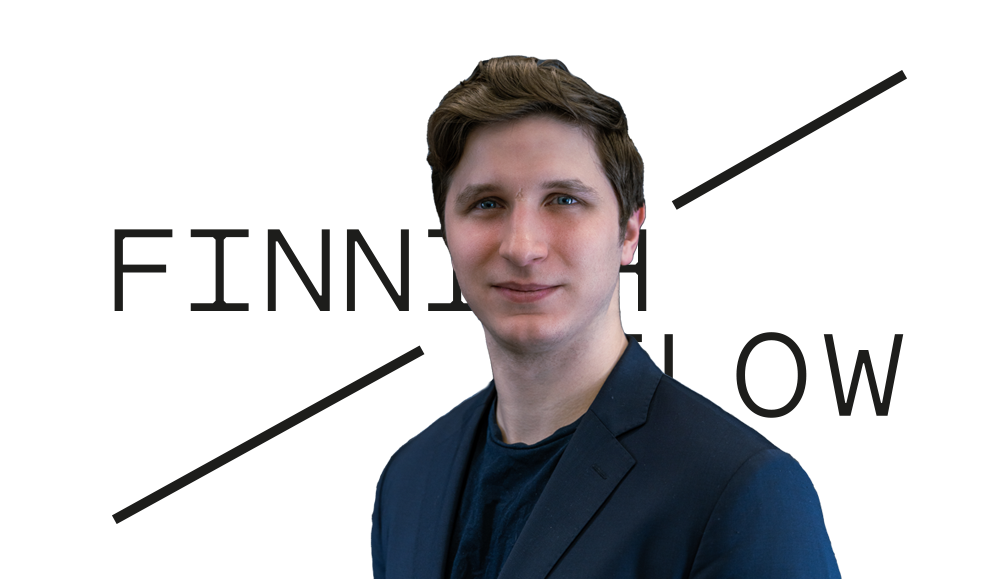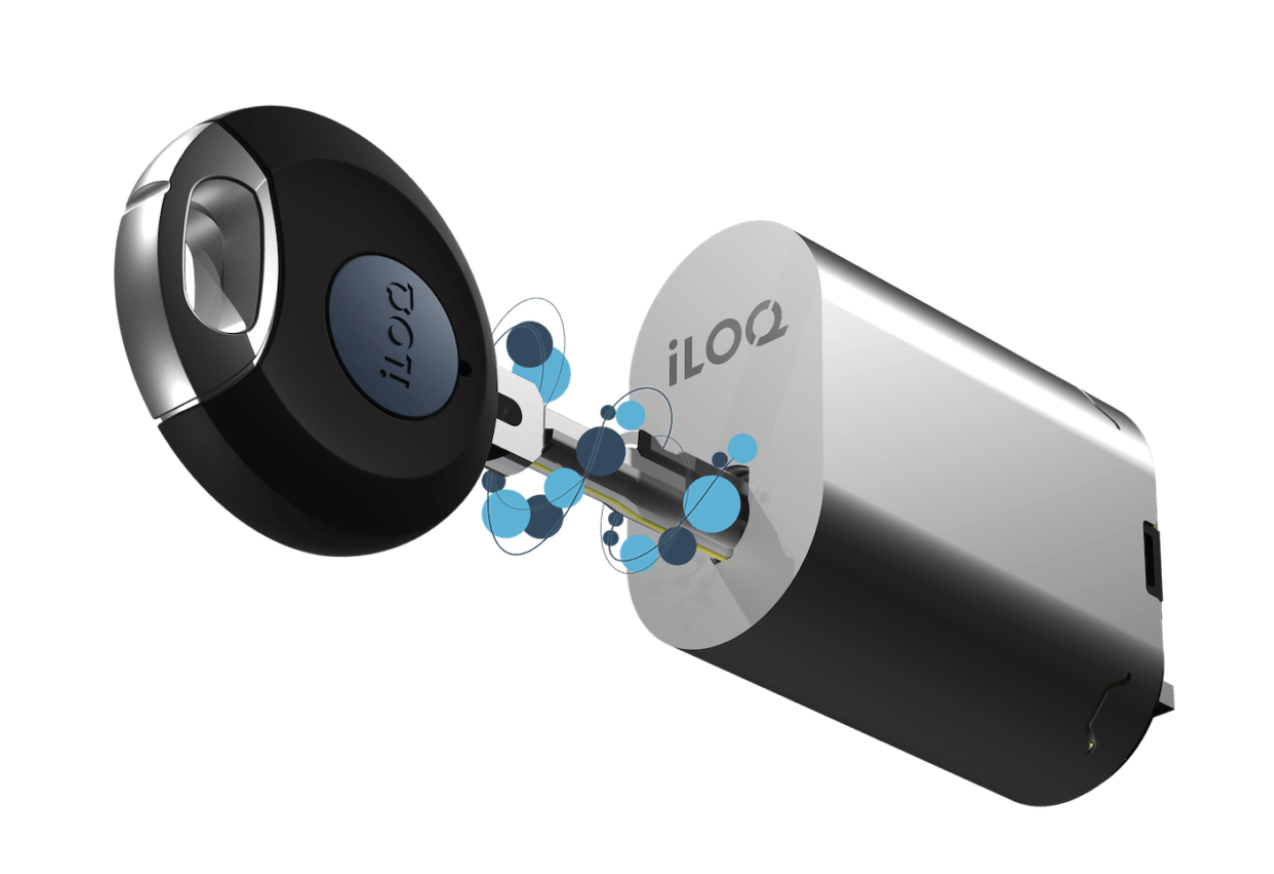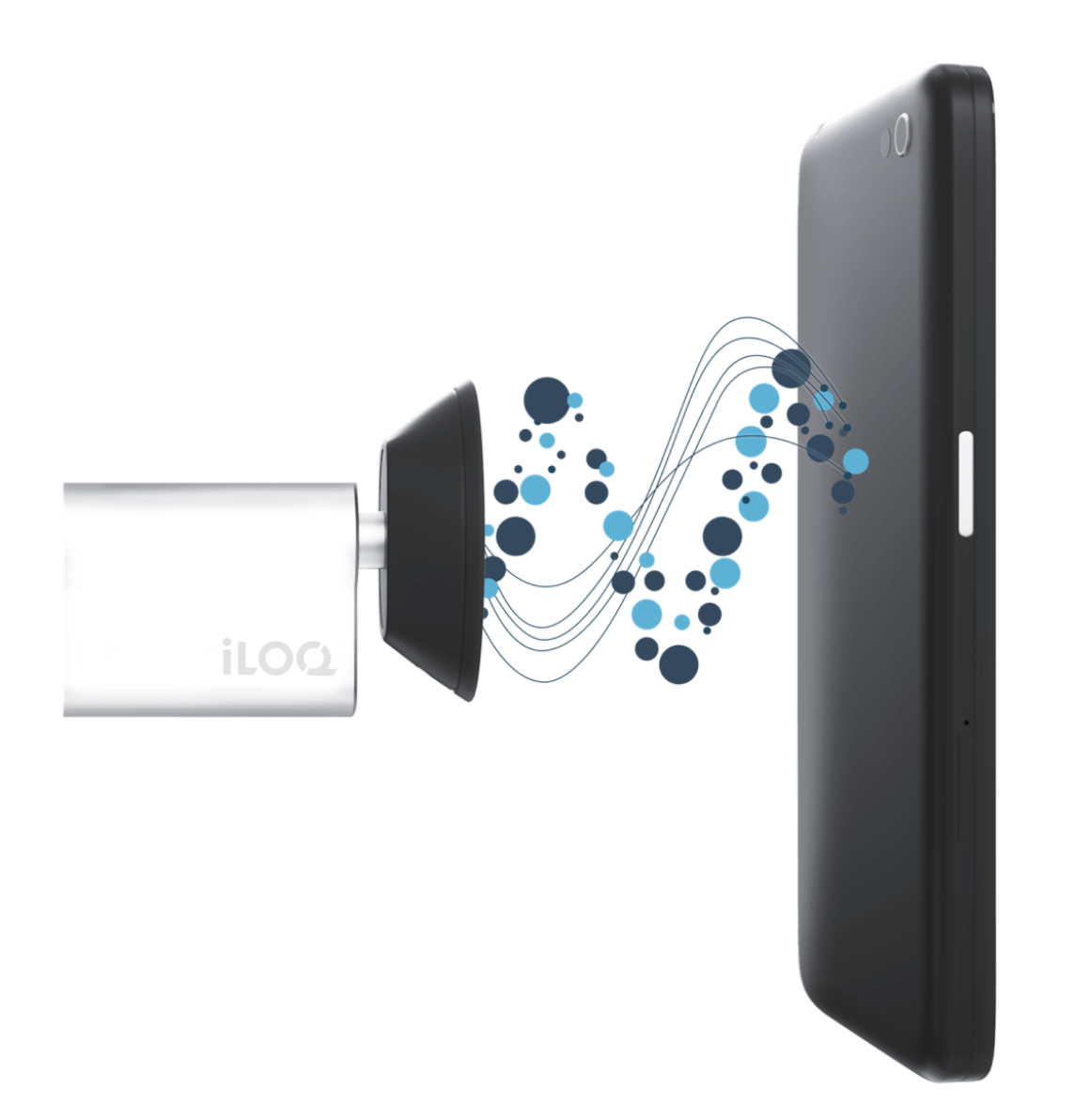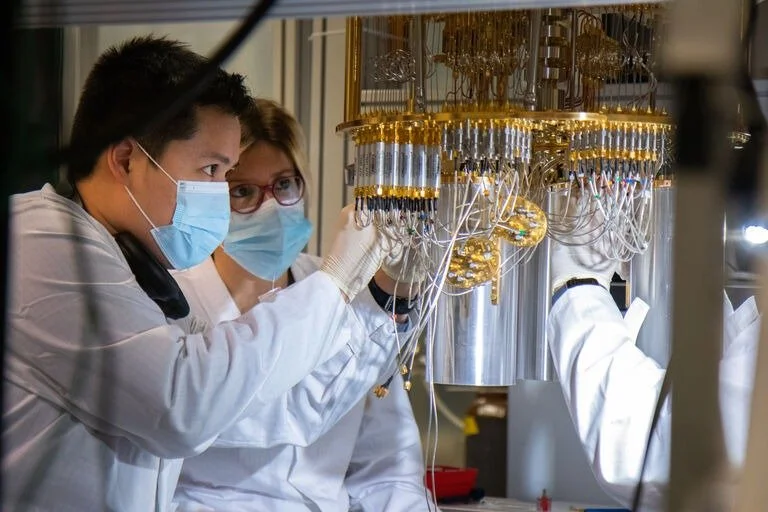Blog
Timo Huhtisaari
Only 5 days to go until Davos! We are delighted to have St1 as one of the Finnish Flow partner companies in Davos 2022 and TImo Huhtisaari, Director, Sustainability & Future Business of St1 as one of our eight changemakers. We asked Timo and his plans for Davos and about St1’s solutions to the energy crisis.
Timo, what is ST1's main goal for Davos?
Energy transition is important, but that alone doesn't solve everything. Even more important is to be mindful about the atmosphere’s carbon content. This should be the main driver for policies on the global level. Sequestration of carbon is the most efficient measure in the short term. New projects and solutions are needed. In Davos we seek partners who are committed to the same ambitions and can join forces in delivering. This is all about politics. Therefore, we are calling for a scientific global roadmap on how energy transition and climate change mitigation can be done.
i. All existing and new climate action must be assessed and executed against demonstrated reduction of atmospheric CO2
b. Involve companies to invest – create a functioning carbon market
i. A standardized measurement method is required – companies’ investments have to end up on their balance sheets
c. The regulation must be designed to ensure the most effective measures to be implemented first
d. Energy transition needs significant new innovations to materialize, the focus of funding should be there
e. Mutually agreed but ambitious energy transition targets and timing – still allowing enough time for societies to adapt
What makes St1 well positioned to tackle some of the biggest issues we are facing globally (ie. climate change, energy crisis etc ...)?
We are experts in the energy sector and understand well what is needed to deliver the required outcome. We have an ambitious but humble approach to the challenge. Energy transition requires a lot of investments, but they need to be done in a sustainable way, in all aspects; environment, social as well as economical. Therefore, we focus on doing where we can deliver best results and keep our head down in a sense that we do not bite too big a bullet.
The theme of Finnish Flow in Davos 2022 is the Future of cities. How is ST1 solving and enabling life in the cities in the future?
We continue developing sustainable energy solutions while reducing atmospheric carbon content. Circular solutions such as collecting wastes from society and turning them back to energy in biogas or renewable fuels are one part of it. Additionally, connecting future solutions such as production of renewable fuels and utilization of excess heat to power our lives in the cities are amongst the solutions. Overall, mitigating climate change impacts globally is pivotal to allow sustainable living in cities.
Juuso Haaksivuori
We are happy to have Reaktor as one of the Finnish Flow partner companies in Davos 2022 and Juuso Haaksivuori, Country Manager as one of our 8 changemakers. Check out how Reaktor is solving life in the future cities - and listen to Juuso’s Finnish Flow podcast episode to hear more.
Juuso, what is Reaktor's main goal for Davos?
I’m really looking forward to meeting people from different industries, the private, public and third party sectors’ and changing ideas on how to fight big societal challenges with technology.
We see a lot of grievances in the world, like the need for global reset to address the planetary emergency. Plenty of work to be done, but hopefully some of the work we can ease with creative technologies. My goal is to get a step closer to those discussions and to find opportunities to build future society together.
What makes Reaktor well positioned to tackle some of the biggest issues we are facing globally (ie. climate change, growing cities etc ...)?
I see that our most valuable strength is our company culture. Technology and leadership talent can be built anywhere, but a culture of trust is more difficult. This culture is not easy to export, but we do want to do all we can to share the hopeful message of what increasing trust can do for creativity and innovation. Reigning trust is one of the major themes in Davos. We believe we have a good ethos here and we are more than happy to share what we Finns have learned along the years.
At Reaktor we think that leading creativity is about leading interactions. Developing and fostering creativity, on the other hand, is about collisions: experts and people with different expertise are constantly talking to each other and finding new innovative solutions.
We take pride in having built a culture where innovation is the norm, not the exception. Maintaining and nurturing it is our way of ensuring we stay innovative.
The theme of Finnish Flow in Davos 2022 is Future of cities. How is Reaktor solving and enabling life in the cities in the future?
At Reaktor we help both private and public sector organizations in their most demanding and strategic digital challenges. If we think of future cities, the highly attractive ones need to have a lot of services delivered at a very high quality and high velocity. Citizens, who are their clients, demand easy access to all of these services no matter whether you are a private or public sector organization. Still too often the private sector leads the way and drives innovation. That doesn’t mean the public sector stands still. We’ve been happy to participate in building many of the widely used private sector services and also act as a partner delivering innovative ideas and technologies to the public sector operators such as education, healthcare, security, city maintenance and transportation. To be able to bridge the gap between the private and the public sector is a major challenge and I hope we can continue to be an integral part of it and build the future city’s services.
Monika Liikamaa
Finnish Flow is happy to welcome our partner Enfuce onboard!
We interviewed Enfuce’s co-founder Monika Liikamaa about the company’s forward-thinking sustainability actions and plans to change the way we pay - one payment at a time.
Photo: Enfuce co-founders Denise Johansson (left) and Monika Liikamaa
Monika, what is Enfuce’s main goal for Davos in 2022?
Our goal is to support Finnish business and to invite companies to change the world with us – one payment at a time. Humans can make a positive impact in the world, if companies and people can always access user-friendly, sustainable, reliable, and secure payment services. Since 2016, we’ve made this possible for more companies and their customers worldwide. In our strive for a better world, we take a stand for equality, diversity, and sustainability in every aspect of our business.
In Davos, we want to take our place in the vanguard of changemakers. Enfuce is the forerunner in the fast-moving fintech world, revolutionising payments for fintechs, banks, and merchants since day one. We were the first ones to take payments processing to public cloud, and that has helped us build services for our customers and support them in scaling to new markets faster than anyone else.
What makes Enfuce well positioned to tackle some of the biggest issues we are facing globally?
Enfuce was founded by five co-founders who wanted to build a company that they can be proud of and that has a purpose and a long-term impact. Working towards that goal, sustainability is one of our core values. It is in the heart of what we want to achieve and how we operate.
We put our value of sustainability into action every day. We drive environmental awareness and corporate responsibility in our products, our partnerships, and the way we conduct everyday business. We commit to fair play, transparency, and high ethics towards our customers, employees, and all other stakeholders.
Our core business is processing money. We enable processing of value in different formats, and we process and store sensitive data. We wanted to turn that data into impactful insights that help consumers. And that’s how our sustainability service My Carbon Action was born.
When it comes to climate change, we hear a lot of people say that the everyday person can’t have an impact. Many think that climate change is something that governments need to work on, and it’s the responsibility of companies. But as a matter of fact, it’s estimated that 70 percent of emissions are driven by consumer behaviours. How do we go from A to B? What do we eat? How do we live? Those are the sources of emissions. We believe banks have a crucial role in advocating CO2-conscious lifestyles among consumers. Studies have estimated that 70 percent of CO2 emissions are driven by consumer behaviour. Banks and financial institutions can be key enablers in fighting climate change because they see and process all our transactions. This provides them with a wealth of information about consumption patterns and
Preferences. If banks can calculate their customers’ carbon emissions based on transaction data, they can show them their individual carbon footprint. However, it is not enough to tell consumers how their lifestyle choices affect climate change – they also need information on how they can reduce their emissions, incorporating sustainability into personal finance management. To do this, banks can build a range of products. For example, they can offer their customers dynamic credit interest depending on what their sustainability score is. Another way for banks to incorporate sustainability into their services is by offering carbon-cutting loyalty schemes that incentivise consumers to buy environmentally friendly products and services.
The theme of Finnish Flow in Davos 2022 is Future of Cities. How is Enfuce enabling life in cities in the future?
We enable companies and other players to offer new services for citizens through embedded payments. With today’s regulatory environment and cloud processing capabilities, virtually any device connected to the internet can become a payment method: mobile phones, smart wearables, and even cars through their infotainment system. Payments are a great context to reciprocate brand and customer experience, build loyalty, and ultimately boost the entire citizen experience. Mobility service providers seek a foothold in the growing market in cities. Embedded payments are a chance for mobility providers to stay competitive by offering added value for their customers. Having a range of payment options available, mobility companies can make service usage easy for customers and thus boost customer experience and loyalty, and ultimately their brand.
Just think about a scenario where a mobility service provider could launch their own payment product, and the company’s loyal customers could become their cardholders in an instant. Or they could offer instalments or other value-added payment services in their app when the customer makes a transaction. Or they could set up their own closed-loop payment system and create value for their partner merchants. The possibilities are many!
Rafal Modrzewski
Finnish Flow is proud to share this interview with our partner ICEYE and CEO, co-founder Rafal Modrzewski. Read about ICEYE’s groundbreaking solutions for flood monitoring and near real-time insights on other natural disasters that can help ensure safer life in future cities.
Rafal, what’s the most important issue or topic you are working on at the moment at ICEYE?
I work as the CEO of ICEYE and I'm also one of the Co-founders of the company, alongside Pekka Laurila who is our Chief Strategy Officer. At the moment, we are working on expanding our constellation of Synthetic Aperture Radar (SAR) satellites and we are especially focused on further developing our solutions for flood monitoring. By combining data from our spaceborne sensors with multiple auxiliary information sources, we generate accurate hazard data which can then be delivered to insurance companies and government bodies in near real-time. We also intend to expand our offering to additional perils such as wildfires, wind and hail in the future as well.
Finnish Flow theme in Davos 2022 is Future of Cities. How are you working towards a better future in our cities?
Earth observation and remote sensing companies such as ICEYE can layer near real-time geophysical insights, for example on natural disasters with behavioral, situational, and contextual patterns to enable autonomous visual intelligence and better decision making. The advance of such capabilities will also progress global efforts to ensure a sustainable world for future generations. Governments and international agencies can also use the insights to monitor economic and planetary sustainability. As an example, insurance companies can leverage our expertise and data to monitor floods in near real time, even going to such a level of detail as to provide flood extent and depth.There's also growing recognition of remote-sensing-enabled Earth Observation as a complementary data source to progress the UN's Sustainable Development Goals (SDG). One of our insurance customers, Swiss Re, estimates that at least 17% of the UN's 231 SDG (Sustainable Development Goals) indicators can immediately benefit either directly or indirectly from the use of EO data, and we can expect this to increase over time.
What’s the biggest change you’d like to see in the world?
Remote sensing and persistent monitoring can play a key role in providing better data to measure sustainability indicators. Applications of geospatial and earth observation sensor data from satellites and other integrated multi-sensory, multi-sources are expanding rapidly. New business models are emerging as a broad range of solutions enabled by such data are unlocked across industries. ICEYE builds on these technologies, making such solutions even more accessible. This will democratize granular geophysical insights beyond military and government to benefit also commercial enterprises, such as insurers and reinsurers.
Tell us about your commitment to make this change happen: as a leader, what steps do you intend to take to make this change happen? What are you committed to?
One thing I’ve learned throughout our ICEYE journey is that at the end of the day it is all about people, and what we can achieve together. People need to come together to create amazing things. Without people, we would not have been able to grow ICEYE so quickly into the company it is today. There’s a popular proverb that states if you want to go fast go alone, but if you want to go far go together. If an individual has ambitions to go far, he will quickly recognize that he needs to involve and trust others. That’s been one of the biggest and most important lessons I’ve learned in our ICEYE journey and making sure our ICEYE team is constantly working together as a team is something I am committed to do everyday.
How is going to Davos in May going to help you in reaching your goals?
The World Economic Forum in Davos is one of the most impactful business conferences and networking platforms in the world. In previous years, Finland hasn't been really represented in the event week. We are honored to be part of the Finnish Flow initiative, building a new next-generation approach to represent the Finnish business community, with global impact. Finnish Flow's themes of Leadership, Technology, Sustainability and Happiness are closely in line with our company's values where we believe in making the impossible possible everyday.
Joni Lampinen
We are very excited to share this interview with our innovative partner, iLOQ and Marketing Director Joni Lampinen.
In this interview, you will learn more about iLOQ’s innovative approach to digital locking and how it can help build more sustainable cities.
Joni, what is iLOQ's main goal for Davos?
The World Economic Forum is the leading event on the planet with quality companies of the highest level attending.
iLOQ’s main goal at the event is to lead the broader debate on sustainable strategies and show how we as a company are more than ready for the thrilling challenges that come from a rapidly changing and continuously developing digital world.
We will also demonstrate how the digital access management business is unquestionably linked to creating smarter and more intelligent cities. We will also use the occasion to network with potential business partners and stakeholders and create relationships with the press and media.
How is a smart, digital locking system helping to solve some of the world’s most critical issues?
Going forwards, iLOQ is focusing on developing digital platforms and software solutions that offer even more possibilities for smarter living and working environments. This ensures not only the growth, but, more importantly, the sustainable growth of our cities.
iLOQ’s solutions are entirely battery free. This saves 50,000 kg of battery waste every year making them the most sustainable in the market. It also saves businesses time, money and the travel-related environmental impact associated with maintenance activities.
The theme of Finnish Flow in Davos 2022 is Future of cities. How is iLOQ solving and enabling life in the cities in the future?
iLOQ’s purpose is making life accessible. We do this by innovating solutions that offer people, businesses and organizations freedom from mechanical locks and keys. iLOQ’s solutions are designed to maximize security, minimize administration time and impact on the environment, drive down lifecycle costs and boost the value of properties.
Since 2003, iLOQ has been developing digital locking and mobile access sharing solutions that can now be seen in all sectors of a smart city; in our residential properties, student housing, schools and public facilities, offices, hospitals and utilities. They ensure the highest levels of security and unparalleled access management capabilities, along with competitive lifecycle costs and significant savings, to building owners, users and key holders. Our portfolio is continually developing with more and more digital platforms and software solutions that create smarter and more sustainable living and working environments.
Raghunath Koduvayur
Finnish Flow is teaming up with some of today’s most forward-thinking companies in Davos in January 2022. One of these is our main partner IQM Quantum Computers, a European leader in quantum computing.
We asked IQM’s Head of Marketing and Communication, Raghunath Koduvayur, about his thoughts on quantum and of course, Davos.
What is IQM’s main goal for Davos?
IQM is a diverse company with employees from about 30 nationalities, with offices in Munich, Bilbao, and Espoo, and we have big international goals. Finnish Flow offers a great platform to showcase our vision and people on the world stage, and we are very excited to support them as the main partner.
Our goal in Davos is not only to sell quantum computers but more importantly, initiate a discussion on the future of quantum computing on the table where the world leaders are.
As a European category leader in quantum computing, it’s also very important for us to highlight the power of the ecosystem amongst the computing community. We will make a difference one table and one connection at a time.
Quantum seems to be everywhere now. Why is quantum computing such a hot topic?
Well, most of the discussion is justified, while we should also read some news with a pinch of salt. Quantum technologies hold the potential to understand nature, and the world around us better. Quantum technologies can also help us find solutions for our problems in climate, sustainability, healthcare, logistics and others. For example, quantum computation will take significantly less time than classical computers to solve certain problems. This means lesser energy consumption.
Having said that, classical computers and supercomputers are not going to disappear. Soon, we will see classical and quantum computers work together to solve the problems around us. Coming back to the recent hype, the pandemic and the vaccine development has triggered the discussion and shown the importance of faster innovation and computation. Venture capitalists and private investors are starting to back great Deeptech companies and teams, and some of the recent hardware breakthroughs have also been encouraging. As classical computing reaches its limits, quantum computing is currently our best bet to overcome the computational challenges of the future.
The theme of Finnish Flow in Davos 2022 is Future of cities. How is IQM solving and enabling life in the cities in the future?
“We are on a mission to build quantum computers for the well-being of humankind, now and for the future.” Future cities are positioned to be smart cities, and behind this smartness are hundreds of powerful supercomputers. Even with all these computational powers, we’ve only scratched the surface of innovation. Quantum computers will help us understand nature better, which will lead to more innovation, new systems, new citizen services and result in shaping the future of cities. Healthcare, Automobile, Finance, Logistics are some of the areas we are actively working on and discussing with prospective industry partners.

















